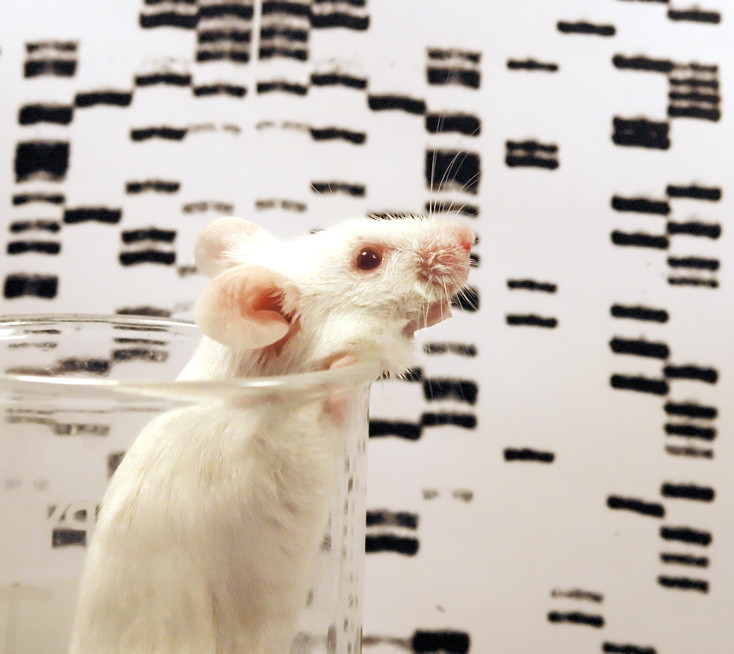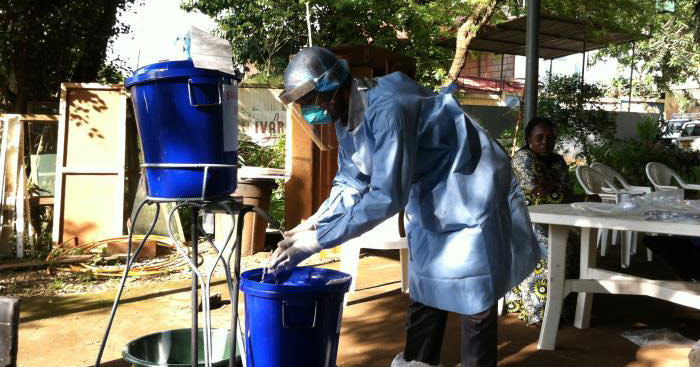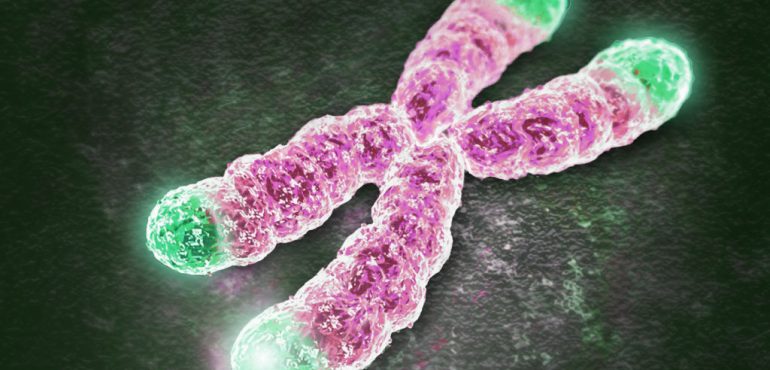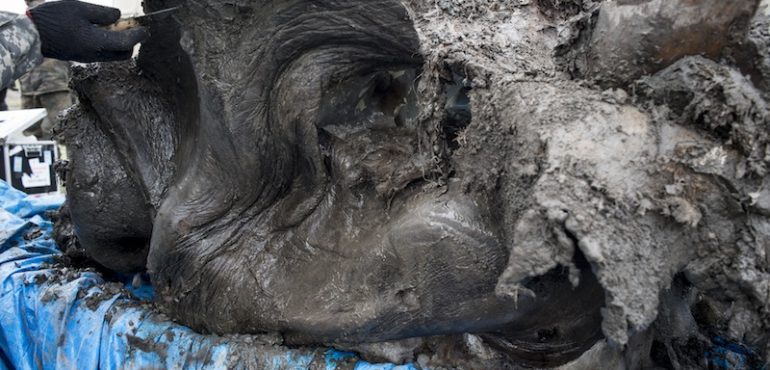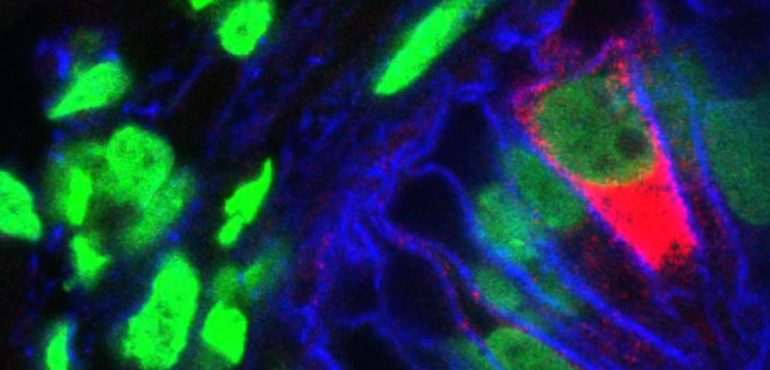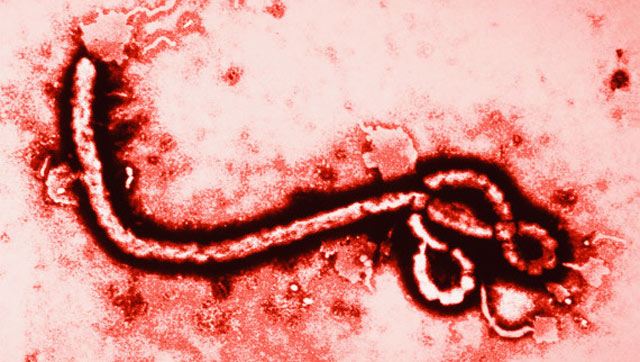One of the reasons cancer is so deadly is that it can evade attack from the body's immune system, which allows tumors to flourish and spread. Scientists can try to induce the immune system, known as immunotherapy, to go into attack mode to fight cancer and to build long lasting immune resistance to cancer cells. Now,…
Read more
Injectable 3-D vaccines could fight cancer, infectious diseases



